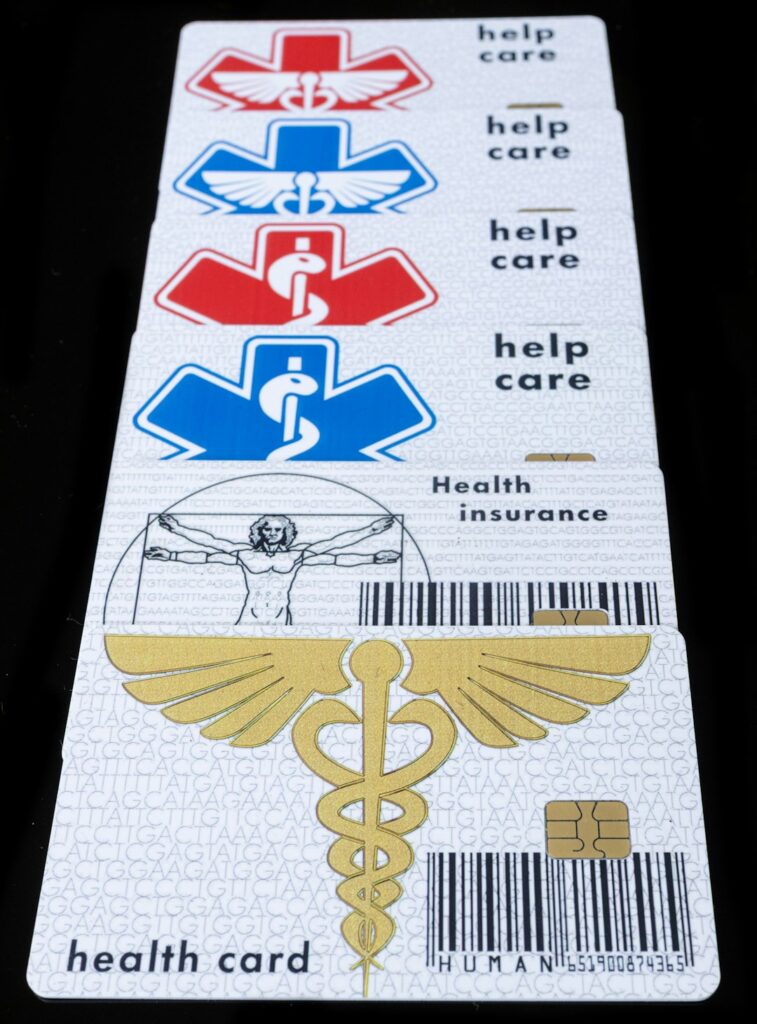Exploring AI Healthcare Applications: Revolutionizing HealthTech
In recent years, artificial intelligence (AI) has made significant inroads into various sectors, with healthcare sitting at the forefront of this transformation. AI healthcare applications are not only streamlining processes but also enhancing patient outcomes and revolutionizing the industry. This article will delve into the myriad ways AI is being utilized in HealthTech, showcasing its potential and the challenges that lie ahead.
The Role of AI in Diagnosis and Treatment
One of the most compelling applications of AI in healthcare is its ability to assist in diagnosis and treatment planning. By analyzing vast datasets, AI algorithms can identify patterns that may escape human eyes.
Machine Learning and Predictive Analytics
Machine learning algorithms can process historical medical data to predict future health risks. For instance, predictive analytics can help identify patients at risk for conditions such as diabetes or heart disease, enabling early interventions that can save lives.
Decision Support Systems
AI-driven decision support systems provide healthcare professionals with recommendations based on clinical guidelines and current best practices. These systems can integrate patient data, lab results, and imaging studies to suggest optimal treatment pathways, ensuring more effective care.
Enhancing Patient Engagement through AI
AI healthcare applications also focus on improving patient engagement. With the rise of telehealth and digital health solutions, AI tools are helping patients manage their health more proactively.
Chatbots and Virtual Health Assistants
Chatbots are now being employed to answer patient queries, schedule appointments, and provide reminders for medication. These virtual assistants enhance the patient experience by delivering real-time support and information.
Personalized Health Recommendations
AI can analyze individual patient data to provide personalized health recommendations. By considering a person’s medical history, lifestyle choices, and preferences, AI applications can offer tailored advice on nutrition, exercise, and preventive care.
Streamlining Operations in Healthcare Facilities
In addition to enhancing patient care, AI applications are being adopted to optimize the workflow in healthcare facilities.
Automating Administrative Tasks
Routine administrative functions such as billing, appointment scheduling, and patient follow-ups can be automated using AI. This reduces the workload on staff and allows them to focus more on providing quality care.
Supply Chain Management
AI can also improve supply chain management in healthcare settings. By forecasting demand for supplies and medications, hospitals can reduce waste and ensure they are adequately stocked, improving operational efficiency.
Challenges and Considerations
Despite its promise, the integration of AI healthcare applications comes with challenges. Issues such as data privacy, security concerns, and the need for regulatory compliance must be addressed.
Data Privacy and Security
Healthcare data is highly sensitive, and the use of AI raises questions about data security and patient privacy. Ensuring that AI systems comply with regulations such as HIPAA is crucial for maintaining trust among patients.
Regulatory Hurdles
The rapid evolution of AI technology often outpaces regulatory frameworks designed to govern its use. Policymakers must catch up to ensure safe and effective deployment of AI in health settings.
The Future of AI in HealthTech
Looking ahead, the potential for AI healthcare applications is vast. As technology continues to evolve, so too will the applications and benefits of AI in healthcare.
Integration with Emerging Technologies
The integration of AI with emerging technologies such as blockchain and the Internet of Things (IoT) could lead to even greater advancements. These combinations can enhance data sharing, improve patient monitoring, and overall streamline healthcare delivery.
Real-World Impact
Ultimately, the real-world impact of AI will depend on its widespread adoption and integration into existing systems. As healthcare stakeholders embrace AI, we can expect to see improved accuracy in diagnoses, better patient experiences, and enhanced operational efficiencies.
In conclusion, AI healthcare applications are poised to transform the healthtech landscape significantly. While challenges remain, the potential benefits for patients, providers, and the overall healthcare ecosystem are immense. Investing in AI technologies will undoubtedly shape the future of healthcare for the better.
The Role of AI in Diagnostic Processes
AI healthcare applications are revolutionizing diagnostic processes by providing clinicians with enhanced decision-making tools. Machine learning algorithms can analyze medical images, lab results, and patient histories to identify patterns that might not be evident to human eyes. For instance, AI-based tools are being used in radiology to detect anomalies in X-rays and MRIs within seconds, significantly reducing the time required for diagnosis and enabling earlier intervention.
Personalized Medicine and Treatment Plans
Another exciting development in AI healthcare applications is the movement towards personalized medicine. By leveraging vast amounts of patient data, AI can help tailor treatment plans that cater specifically to individual needs. Predictive analytics enable practitioners to understand which therapies are likely to be most effective based on genetic profiles and other health indicators. This level of customization marks a significant shift from a one-size-fits-all approach to a more nuanced understanding of health and disease.
Streamlining Administrative Tasks
Beyond clinical applications, AI is also making waves in streamlining administrative tasks within healthcare organizations. From managing patient records to scheduling appointments, AI healthcare applications are helping reduce the administrative burden, allowing healthcare professionals to focus more on patient care. Natural language processing technologies can automate documentation processes, ensuring that important information is recorded accurately and efficiently, thus enhancing the overall workflow.


